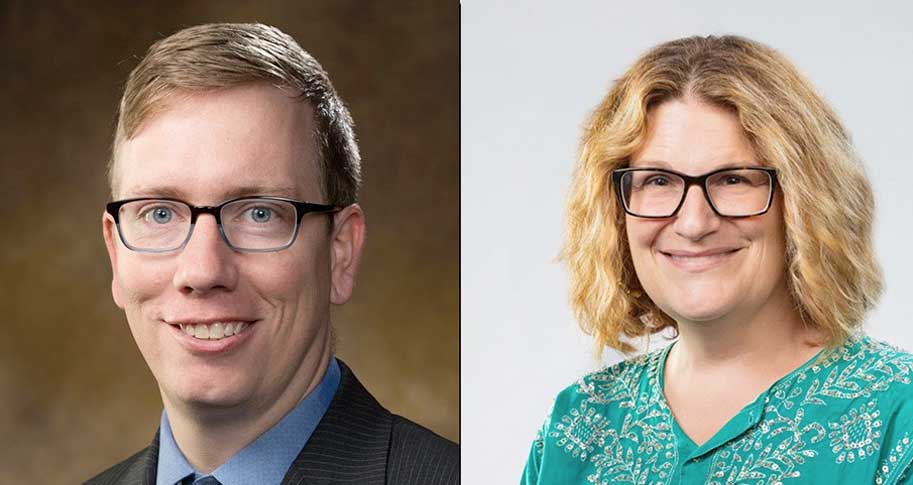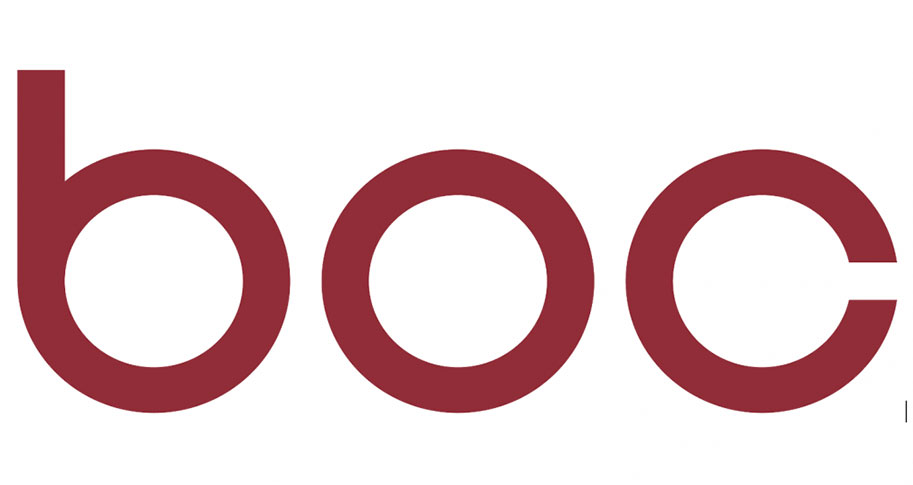
“The most enjoyable – and challenging – part of what we do stems from the fact that every student needs something different depending on the assignment,” Sheets says. “Some students need help with their overall argument; some students require help with style, grammar and usage; some students simply need an extra pair of eyes to look over the document to determine if it meets the terms of the assignment and gets its message across; some students need a bit of a confidence boost and some quick tips on how not to get nervous when presenting – it changes every day, with every assignment, and with every student.”
Sheets joined Walton’s lab in January, after serving as assistant director of the Judith R. Frank Business Communication Center at the Tippie College of Business at the University of Iowa. At Iowa, Sheets also taught business communication courses and created the university’s digital business communication curriculum.
He’s already bringing that background and experience to bear on making the lab at the Sam M. Walton College of Business more than a place that students visit when they have a problem. He is making the work of the lab integral to learning about business.
“What we have focused on this semester is either creating and supporting writing and presentation assignments for select Walton College classes or piloting curriculum that we hope to expand in future semesters,” Sheets says. “I see these activities as being a large part of how we will work with the business school faculty and other academic units within the Walton College.”
Sheets is a 2000 graduate of the University of Alabama at Birmingham with a bachelor’s degree in English and history. He earned a master’s degree in English there in 2006. He received his Ph.D. in English from the University of Illinois at Urbana-Champaign in 2014.
While at the University of Illinois, Sheets served as the assistant director of the Program in Professional Writing. He also volunteered for the Education Justice Project, which tutored incarcerated men at the Danville Correctional Center who were taking college courses, and served as a graduate mentor for the Illinois Promise Program, which links university mentors with first-generation, low-income students. At Illinois, he was awarded the Smalley Teaching Release Fellowship in 2012-2013 and the College of Liberal Arts & Sciences Dissertation Completion and Research Fellowship in 2013-2014.
Sheets worked in American Steel Pipe’s sales office in 2005-2008, where he administered a sales territory of 13 states, Mexico and Puerto Rico. In 2001-2005, Sheets served as the business development coordinator for Infinity Insurance Company, a Birmingham-based personal lines automobile insurance company. He focused primarily on managing advertising campaigns in their Southern California market.
Most recently, he completed the Leadership Iowa program and was awarded the Innovations in Teaching Award by Tippie College in May 2016. Also in May 2016, Sheets was awarded the New Staff Impact Award, which annually recognizes a new staff member whose work goes “above and beyond as a new Tippie staff member.” In March 2016, he co-wrote a successful grant proposal from the Center for Teaching and Learning, securing educational excellence funds for the Frank Center and Tippie’s business communication curriculum.
In bringing his innovative, entrepreneurial style to Walton College’s Business Communications Lab, Sheets concentrates on more than just fixing a word, a sentence or an essay.
“I would like for us to shift from just being a place where people come and learn how to improve their communication skills to an office that is equally focused on outreach, on teaching, presenting, and tutoring in classes and at special events/professional development sessions,” he says. “I also would like students to see us as a place that helps them meet their short-term communication goals (namely, improving the quality of a given assignment) and their long-term communication goals (namely, becoming a more confident and flexible communicator).
“Our internal goals revolve around ensuring students develop the communication skills they need to succeed in class while also helping them begin to communicate less like students and more like young professionals.”




